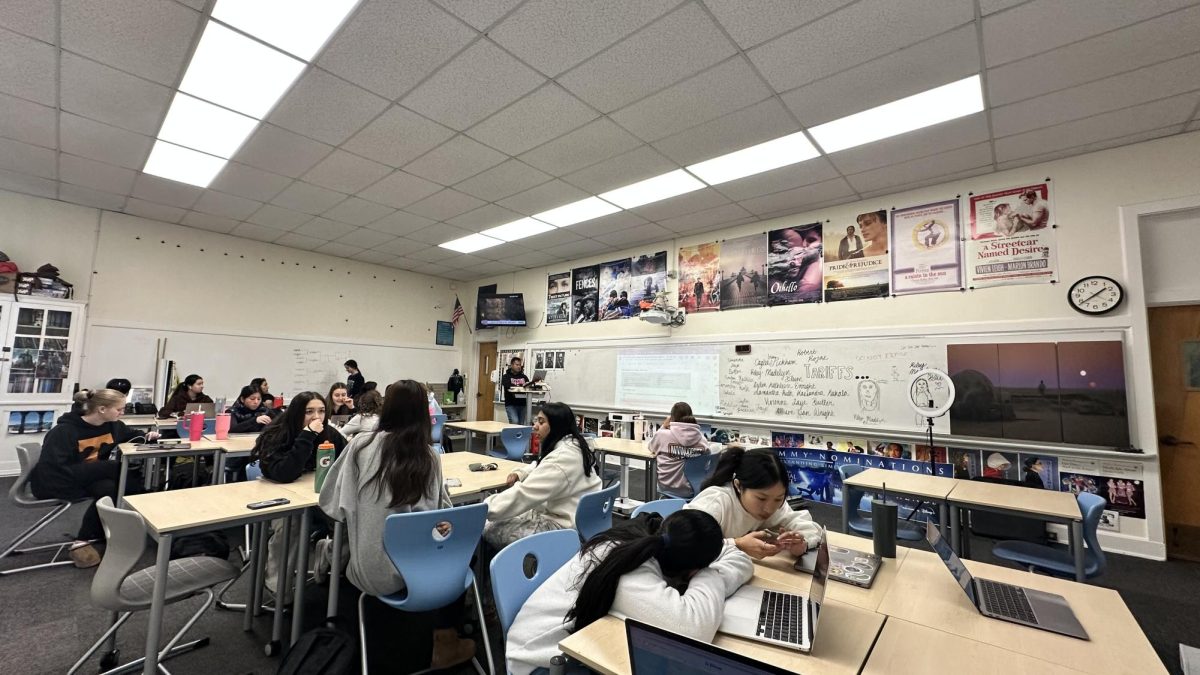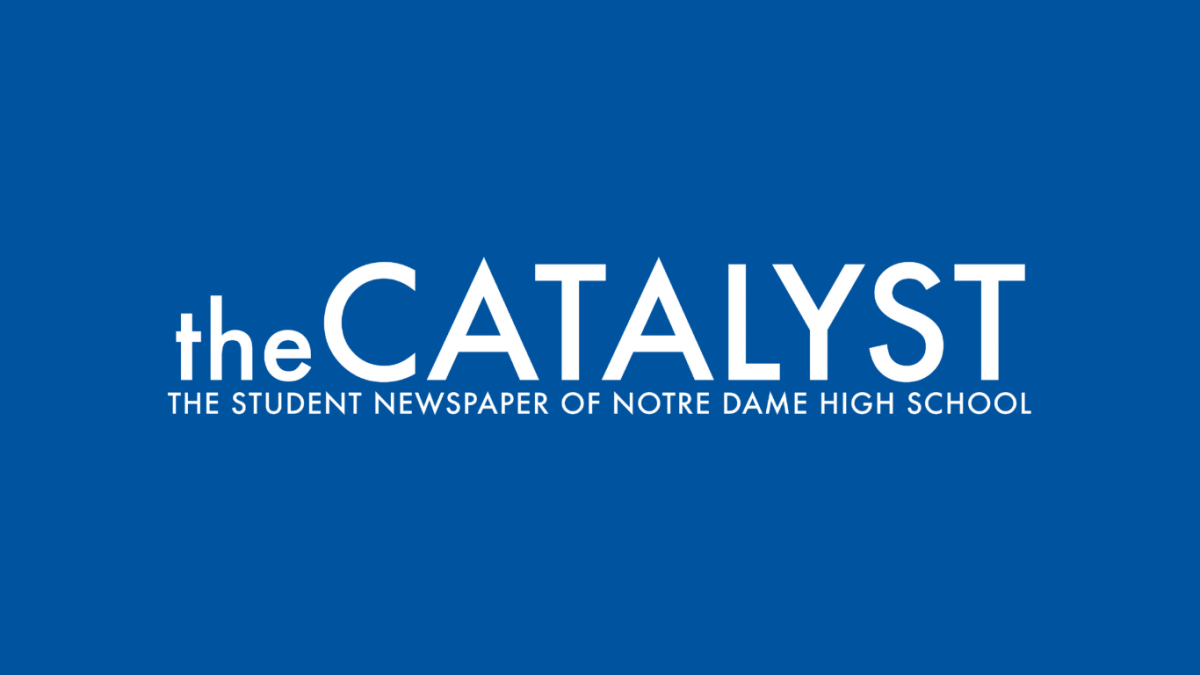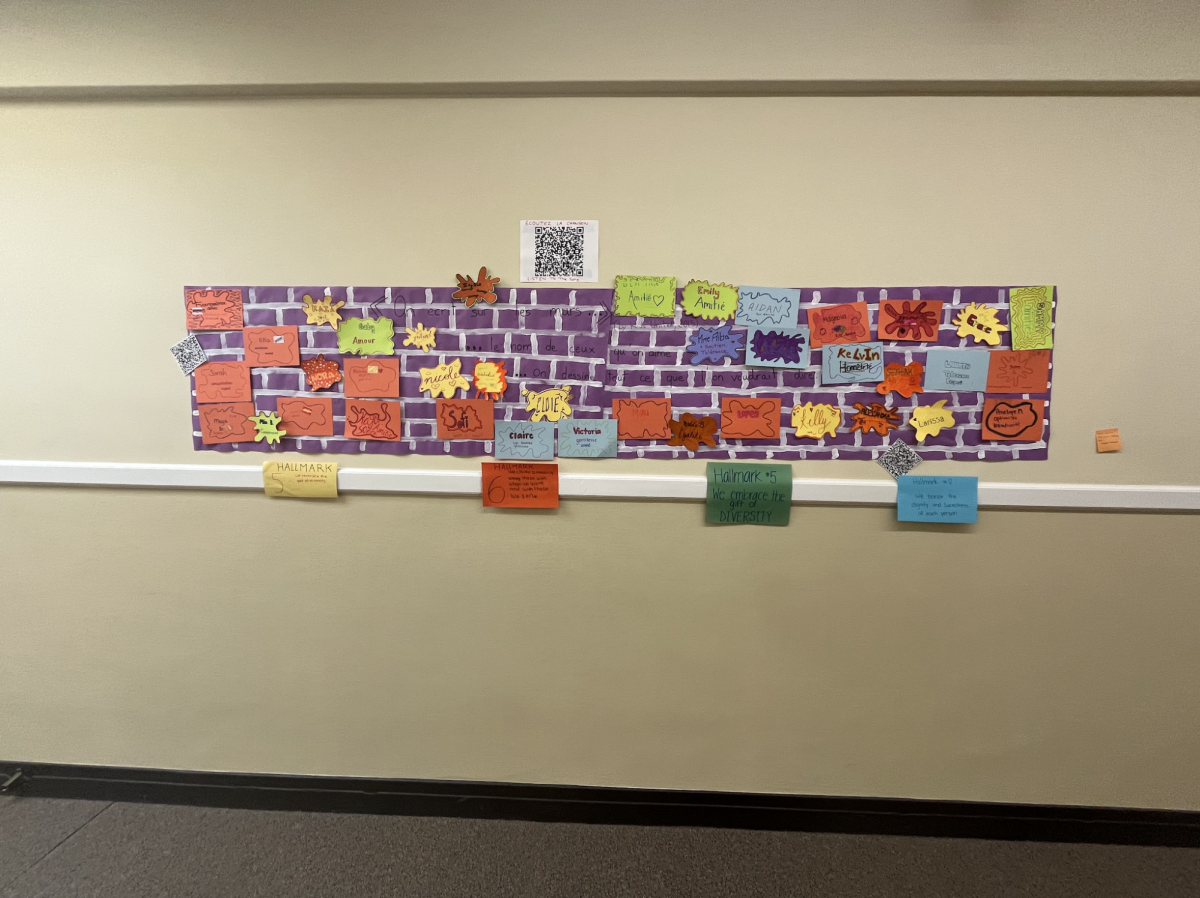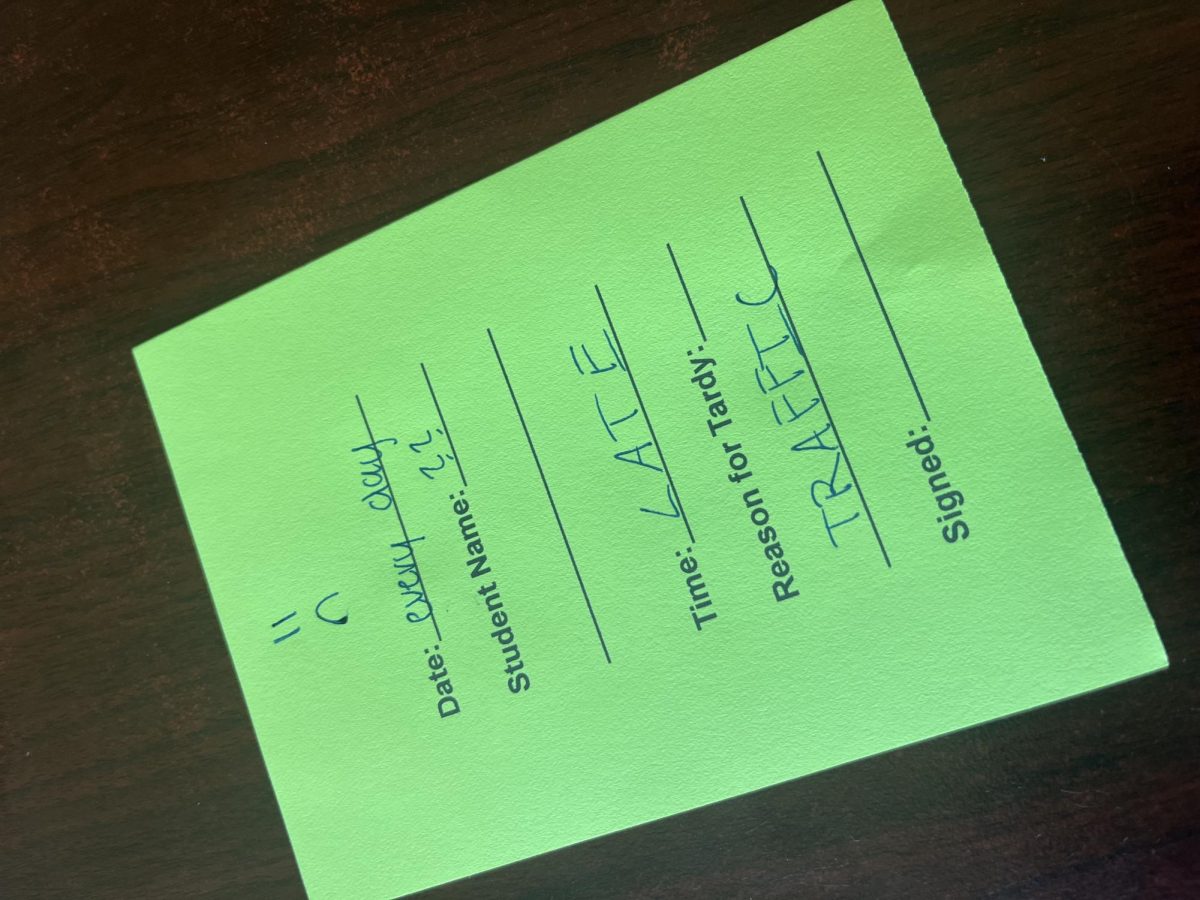The value of education has developed and grown rapidly over the last 100 years, with more people gaining access to such privileges across the world. However, even with this immense progression, some teaching standards and philosophies have stayed the same across the span of thirty, forty and even fifty years. Many students enter courses and go to school to get the grade which is put on the transcript, which defines what a student can or cannot do in future education, which defines what a student can and cannot do for the rest of their life. All based on memorization for a percentage or a letter. Is that actual comprehension of real world skills?
In an interview with Rushton Hurley, Design Led Innovation Director at Junipero Serra HS, he connects the misuse of artificial intelligence to the systems built, as he says that what students are “trying to do is to get the assignment done. And if the motivation of the students is to get the assignment done, then the minimal value of thinking is something that we should really stop and say, could we use a tool that actually helps students to do more thinking on their way to a better product.”
This conversation brings up questions such as, “Why does it take exactly X days to finish a course?” This can be especially frustrating if a student knows the content and can prove they are ready to move forward into something more stimulating.
“It all goes through the teacher. The teacher validates the learning,” said Hurley. While he acknowledges the importance of being able to handle a test-taking environment, do exams hold more importance than learning critical abilities to shape complex ideas?
From a personal perspective, being in Creative and Advanced Solutions for the Global Good for two years has made such a profound impact on my perspective on education, and this impact would not be possible without a class that leaves space for structured conversation. The class is designed so that what each student gets out, relies on how much they chose to put in, as can resonate with my seven other classes. I have found that my ability to think and more apparently, develop deeply specific questions has profoundly progressed.
With the increasingly sought after AP courses by high school students throughout the United States, the goal of the class is to spend an entire year preparing for a single exam on a random morning in May, and such test taking skills are still valuable. The education system relies on test-taking abilities for success in SATs, ACTs, MCATs and more, however, these skills are only partial contributors to a student’s comprehensive education which can be further strengthened in holistic learning environments – through project based learning, critical thinking practice and conversational style discussion over concepts and ideas. When students can better engage in a course and spark their own curiosity, that inherently will boost the value of education.
How productive is a school system where students are forced into classes controlled in some cases by authoritarian teachers, wasting time and resources, clearly adamant against participation leading to rejection of growth and curiosity? In a world which requires critical thinking skills paired with problem solving to find complex solutions, is there any real value in testing students whose Shakesprean character said some specific line on some un-notable page?
Developed, well rounded, inquisitive students are the scientists, artists, first responders, essential workers, astrophysicists and teachers of the future – advancement of the society and planet we know depends on shaping these young minds to have a positive outlook on learning and growth. Progression in teaching philosophy matters, now matter how slow and steady.





